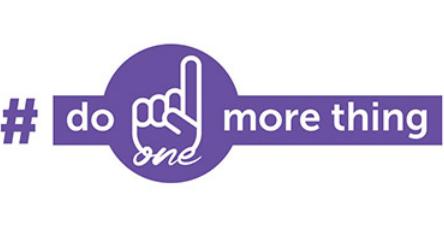Regions for Recycling guidelines to help local and regional authorities improve their recycling strategies
Regions for Recycling guidelines to help local and regional authorities improve their recycling strategies
After three years of successful implementation, the Regions for Recycling project (R4R) reached its objectives: defining a common methodology that allows true comparison between European cities and territories' waste performances, identifying and sharing selective collection and recycling good practices, and developing an efficient monitoring and benchmarking online tool that gathers all those instruments.
All the outcomes of the R4R project are gathered and presented in the R4R guidelines. Local and regional authorities willing to improve their recycling strategies are kindly invited to consult the R4R guidelines where they will find a summary of the project as well as synthetic examples of instruments and solutions which can be implemented to enhance their recycling performances.
Starting by comparing local data to then built a common framework for comparisons and analyse external factors and lcoal instruments, the thirteen partners of the R4R project developed:
- a common method for data comparison (same scope and definitions, common range of indicators),
- an online tool enabling cities and regions to compare their results with other European territories,
- a list of 40 good practices among local legal, technical, economic and communication instruments that can be transferred onto other territories,
- a series of implementation plans describing how the partners will apply the R4R results in the future,
- a website and networking activities and trainings for cities and regions.
The project has already induced concrete changes in the project partners' strategies and instruments. In particular, the project partners developed implementation plans to prepare the change of their waste management strategies by including the DREC methodology or some R4R good practices. For instance, the cities of Lisbon, Tallinn and Sofia are considering a first development or an update of their waste management plans by including for instance new selective collection schemes or the opportunity to use economic instruments. The Flemish and Catalan Waste Agencies will include the DREC in the set of indicators used to monitor recycling performance in their regions. The South Waste Region of Ireland even managed to convince the other Irish regions to use the DREC methodology as well, expanding the concept outside of the R4R partnership!
Regions for Recycling (R4R) is a 3-year European project coming to an end in December 2014 and aiming at improving its partners' recycling performances through consistent comparisons and an exchange of good practices. R4R involves 13 European partners and is co-funded by the INTERREG IVC programme.
Contact: info@regions4recycling.eu and info@acrplus.org
More information: www.regions4recycling.eu and [www.acrplus.org]www.acrplus.org
With the support of the European Commission

